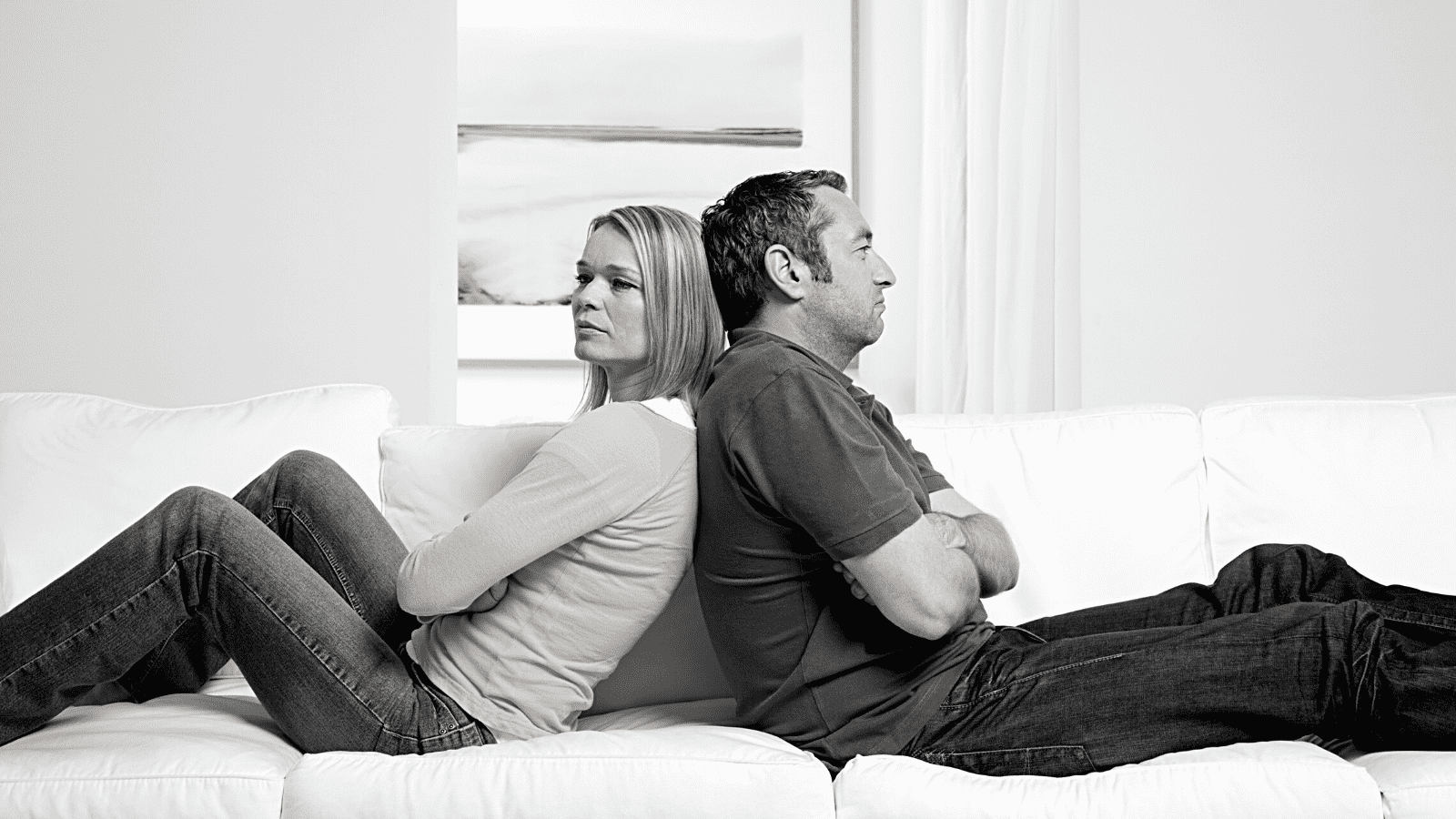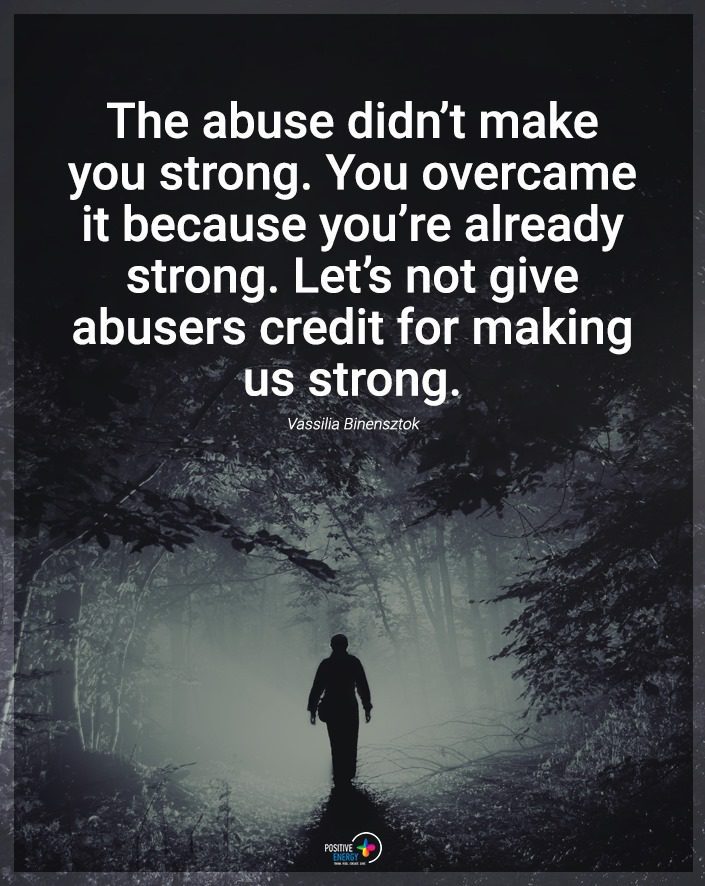Anger, hostility, and aggressiveness aren’t healthy for you or the world around you. These emotions have gotten people into trouble and caused a lot of damage to the world. Perhaps you’ve been around a hostile person and experienced their anger. If so, you may have wondered why people today are so angry. There are many reasons hostility exists in the world, but here are xx and five ways to fix it.
Health risks related to anger and hostility
Regular angry outbursts of anger, hostility, and aggressiveness contribute to health problems. Health risks, such as
- Coronary Heart Disease(CHD): This heart problem is more significant in people who respond in anger or hostility.
- Coronary atherosclerosis Disease (CAD): There’s a correlation between anger and hostility and increased risk of CAD
- Hypertension: Angry expressions and negativity can contribute to hypertension.
- Bulimia: Negative emotions are a cause of bulimia. The tendency towards perfectionism, neuroticism, and obsessive-compulsive behavior is impulsive and wants special attention. Researchers suggest that anger increases if there isn’t the expected attention, resulting in binge eating and vomiting.
- Type 2 Diabetes: Although there was no overall angry trait and the risk of diabetes, people with higher levels of anger had a greater chance of getting diabetes than those who had lower levels of anger. This might stem from nervous overeating and weight gain due to the stress.
- Risk of a car accident: If you are prone to hostility and anger, you are more likely to be in a road accident. Angry drives take aggressive and dangerous risks.
What’s the difference between anger and hostility?
Knowing the difference between these two emotions provides valuable insight into the root causes.
Anger
Rage is an emotion almost everyone feels. Anger tells your body to get ready to fight. When you’re angry, your blood pressure goes up, your heart beats faster, and you start to take quick breaths. Anger may be a positive driving force behind your actions, but it could be a more profound symptom of something else.
Hostility
Anger left unchecked can turn into hostility or aggressive behavior. It’s an attitude of being ready to fight anyone and anything. Hostile individuals may be impatient, stubborn, and have a defensive mindset. They may get into fights or hit things, or talk about pounding someone. Hostility isolates and keeps people at arms’ length.
5 Reasons Hostility Exists In The World (And 5 Ways to Fix It)
Now that you recognize the problem, what can you do?
1 – Overwork causes hostility
Feeling overworked can make you feel tired and irritated. Over time, you may struggle with anger at your boss or co-workers. Anger left unchecked may turn into hostility. You can become a hostile person. Here are some signs of hostility at work:
- Public shaming
- Verbal or non-verbal aggression or anger
- Encouraging unhealthy competition
- Scapegoating
- Gossiping
- Bullying
- Unfriendly
If you or someone you know is being hostile at work, it may be time to pull back and get some help to deal with the hostility.
2 – Social isolation
Social isolation is solitude that is unwanted and unhealthy. People who are socially isolated don’t have close friends, family, or co-workers. They may suffer from anxiety and anger about their isolation. There are warning signs that someone is isolated. These people may
- Avoid social interactions
- Act unfriendly in social settings
- Cancel social plans last minute
- Feel anxiety or panic when they need to be socially engaged
- Feel sad or distressed when they’re alone
- Spend lots of time alone with little to no contact with others
People who are socially isolated are prone to feelings of depression and anger. If they don’t resolve these feelings, they can become hostile toward people they do come in contact with. If you feel socially isolated, be sure to get help to deal with your anger.
3 – Traffic and long commutes can create hostility
Long commutes and heavy traffic take a toll. It’s stressful to sit in traffic after working all day. If you’re prone to anger, you have a higher risk of getting into a car accident. If you have a long commute every day, try to let go of your anger, so you don’t end up acting negatively on the road.
4 – Watching too much news
News media sites broadcast 24/7 news reporting disasters, murders, and crises around the world. The shock factor is accurate, and it draws in viewers. Your brain absorbs this adverse reporting. The stress pushes your nervous system into a fight-or-flight mode as your body churns out cortisol and adrenaline. Negative programming affects your mood and can lead you to feel angry and fearful. They found that watching television news for just 14 minutes can increase feelings of sadness and anxiety. The negativity of the information combined with people’s life troubles weighed them down.
5 – Hostility may come from family strife
Some families are hostile in the way they interact. The parents may scream at the kids, who then vent frustration to the point of hostility. If you grew up in this type of family, you might struggle with anger and hostility in how you relate to your family. You may find it difficult to talk through issues without becoming a hostile person. Breaking the chain of hostility isn’t easy, but acknowledging the pattern of hostility you grew up with is the first step. Once you realize it, you can change how you relate to your family.
5 Ways to Fix Our Hostility and Anger
Of course, fixing anger and hostility won’t go away overnight. But there are ways to reduce the irritation in your life.
1 – Don’t vent anger or hostility–distract it
You may have been told to punch your pillow when you were angry, and you’d feel better. Guess what? Venting anger doesn’t reduce it but intensifies the emotion. Holding in your feelings of anger isn’t a good idea either. Believe it or not, one of the best ways to fix your anger is to distract yourself and think about something else. Because your brain can’t think about too many things at once, thinking about something else can take away your brain’s ability to dwell on being angry. Distracting yourself from a problematic mental task can help you get rid of bad feelings.
2 – Reappraise the situation
When you reappraise a situation, you tell yourself a different story about why you’re feeling angry. For instance, if someone frantically cuts you off in traffic, you feel mad at the person. But if you find out that this person’s child just went to the hospital, you’d respond differently to their crazy driving. The situation is the same, but the story you tell yourself now doesn’t make you feel angry. It’s thought that if something makes you feel angry that you can reappraise the situation to resist getting angry. Instead, tell yourself something like
Their reaction isn’t about me. That person is having a terrible day!
3 – Get rid of the “shoulds”
When you set up standards for how you think other people should act, you can feel frustrated when they don’t perform in the way you expected. You may not realize you’re doing this in your relationships until you get angry and talk about what people should have done. Here are some should you may say that is making you an unfriendly person and increasing your hostility. Avoid saying:
- He should be nicer
- They should say hi to me when I see them in the morning.
- She should have done a better job.
- He should treat his parents better.
- He should be more loving to his wife.
- I should get more respect from my kids.
If your expectations about how other people should live their life are causing you to get angry and hostile, it’s time to let go of these expectations.
4 – Strict goal setting
Goal setting is good. But if you get angry when you don’t each your goals, it may be time to ease up on those goals. Be sure you’re setting realistic goals. Feeling the need to put extreme plans may not be the best for your mental health. Reassure yourself that even small reachable goals are reasonable. No dream is worth becoming a hostile person.
5 – Finding faith to get rid of anger and hostility
Usually, your anger means you’re worried about losing things you love, like your reputation, getting your time infringed upon, or not getting the respect from your spouse you think you deserve. Basically, some of your anger may stem from the fact that you love yourself more than you should. It’s an age-old problem for all human beings. In ancient texts, it’s called sin or wrongdoing. According to some religions, you can ask God to forgive you and to ask him to help you get rid of your anger and hostility.
Final thoughts on shedding hostility and making the world a kinder place
Hostility and anger can be detrimental to your health. These emotions damage friendships and family relationships. If you believe you might be a hostile person, you can change. Hopefully, these five ways will help you find the path for better mental health and healing from hostility and anger in your life.

















 Community
Community

